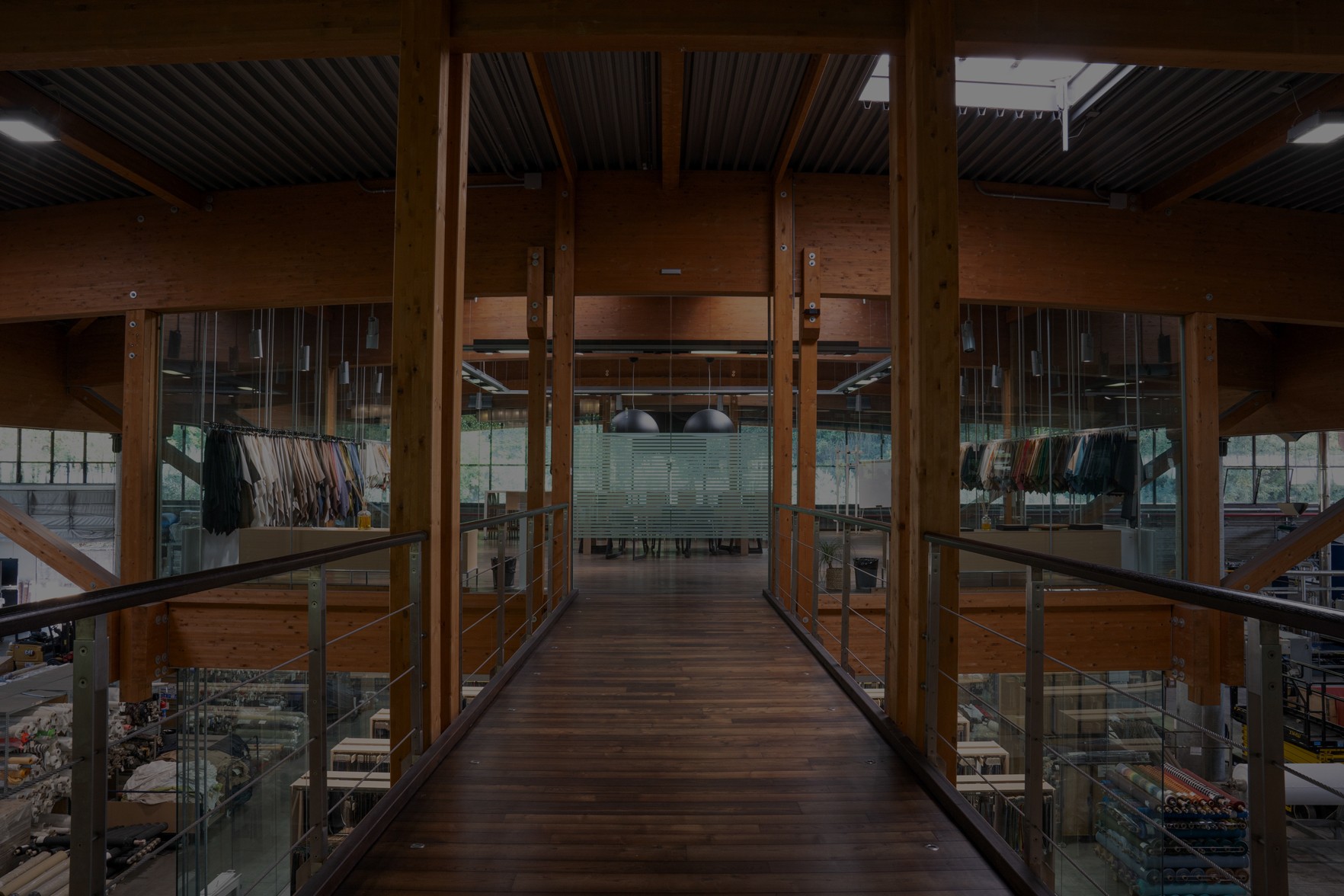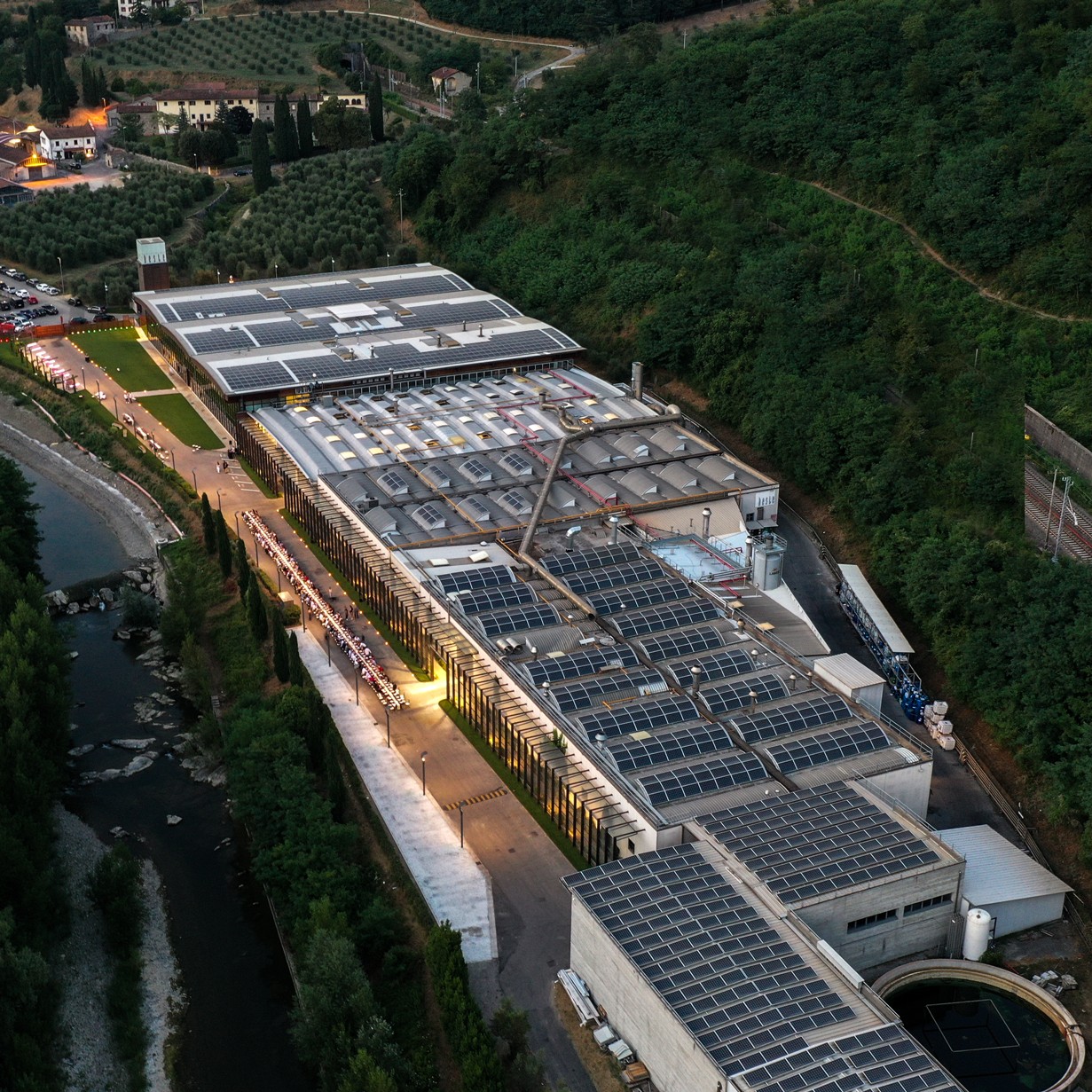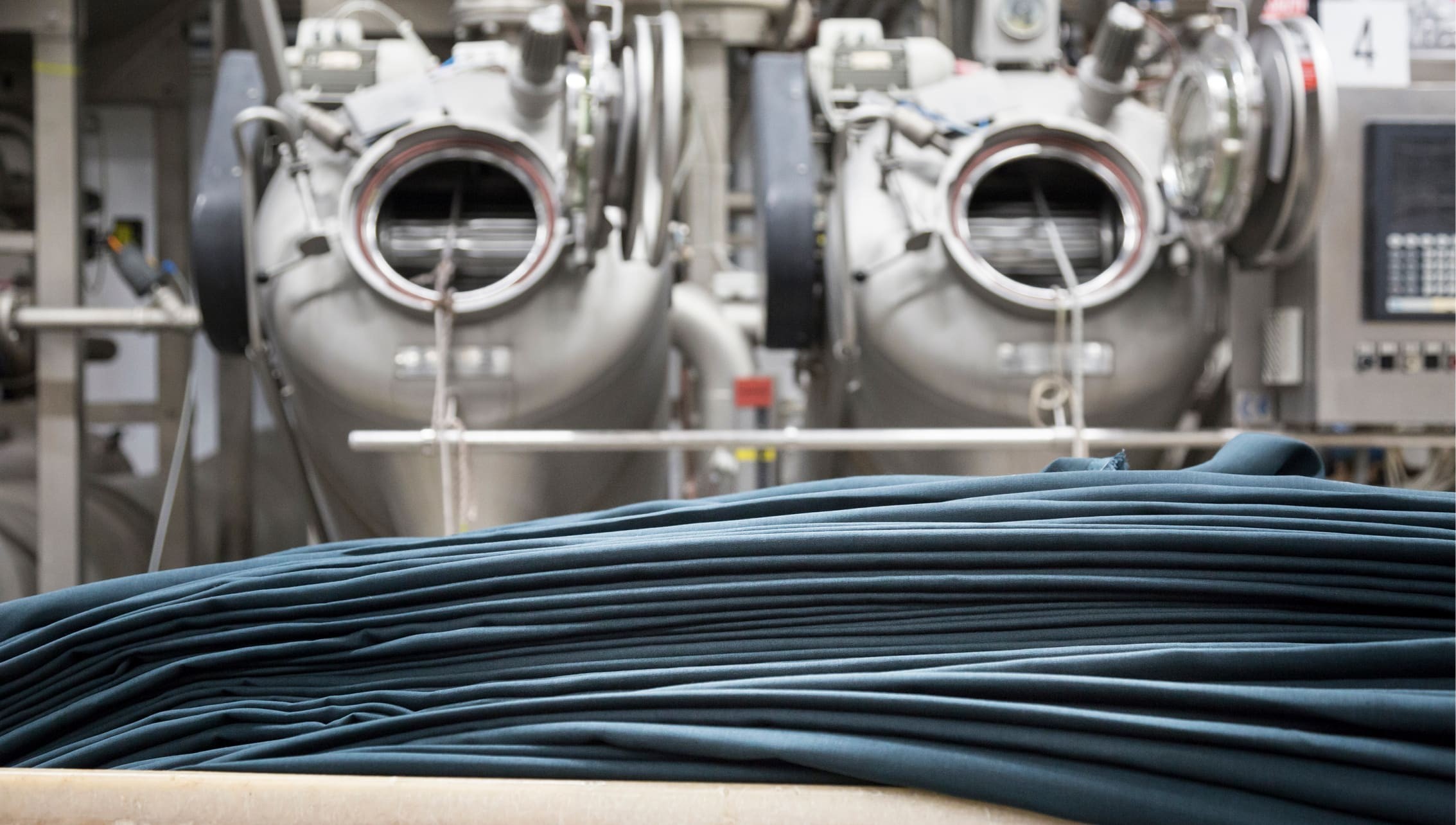Certifications
Verified commitment

ISO 9001 Certification
Beste has obtained ISO 9001 certification for both its Fabric Division and Apparel Division headquarters, confirming the company’s ongoing commitment to quality management, process control, and continuous improvement.
This achievement represents an important milestone in Beste’s journey toward operational excellence and the full alignment of standards of efficiency, reliability, and customer satisfaction across all its divisions.
Beyond certification
We purchase only raw materials from qualified suppliers who meet the highest standards of environmental and social sustainability. This is the only way we are able to produce fabrics made from organic cotton (BCI, OCS and GOTS certifications), recycled raw materials (GRS and RCS certification) and feathers (RDS certification) used for upholstered garments.
Natural organically grown cotton and wool fibers harvested, processed and labeled only after verification of compliance with the most stringent international regulations.

OCS
The Organic Content Standard is promoted internationally by Textile Exchange, one of the leading non-profit organizations dedicated to responsible and sustainable development in the textile sector. It provides for the issuance of a third-party verified environmental declaration that ensures the content of natural fibers from organic agriculture in textile products, both intermediate and finished, as well as the maintenance of traceability throughout the entire production process.
GOTS
The Global Organic Textile Standard (GOTS) was developed by leading standards bodies to define globally recognized requirements for organic textiles. From raw material harvesting to ecologically and socially responsible production to labeling, GOTS-certified textiles provide a credible guarantee to the consumer.
RDS
RDS includes the issuance of a third-party verified environmental statement that ensures that down and feathers used for stuffing elements are obtained from waterfowl (goose and duck) or land birds (e.g., chicken and turkey) that have not been subjected to treatment that causes pain, suffering or stress, and so that traceability is maintained throughout the entire production process. Included in the certification is the entire production chain: rearing of the birds, slaughter, collection and processing of the feathers (sorting, dedusting, thorough washing, removal of excess water, drying), and production of the clothing and textile products. Down and feathers, textile products and manufacturing activities can be certified under the RDS.
GRS
GRS involves the issuance of a third-party verified environmental statement that ensures the recycled material content of their products, both intermediate and finished, the maintenance of traceability throughout the entire production process, restrictions in the use of chemicals, and compliance with environmental and social criteria at all stages of the production chain: from the recycling of materials, to the subsequent manufacturing stages, to the labeling of the finished product. Stages that are not covered by certification are waste collection, sorting, grading and grouping. Products and manufacturing activities can be certified under GRS.
Responsible Wool Standard
The SFA (Sustainable Fashion Alliance) certification is a distinguished mark in the fashion industry that recognizes and celebrates sustainable practices. Brands and companies that obtain the SFA certification have demonstrated a strong commitment to ethical sourcing, environmental responsibility, and social impact. By choosing SFA-certified products, consumers can be confident in supporting fashion that respects people and the planet. Together, we shape a more sustainable future, one conscious choice at a time. Join the movement and explore the world of SFA-certified fashion that combines style with purpose.
SFA - Sustainable Fiber Alliance
The Sustainable Fibre Alliance is the standard created by the international non-profit organisation of the same name and provides a recognised industry benchmark for sustainable cashmere production. The SFA provides a third-party certification that guarantees the production of internationally traded cashmere using only sustainable practices that result in a reduced environmental footprint and a fair economic return for participants throughout the chain of custody, from shepherds to retailers.
Beste - Benefit Company
A positive impact on environment, people and biosphere

Our Being Concrete in Authentic Commitment to the Planet
We are never satisfied
Beste is not content with mere awards or certifications to add to its own production cycle. Having respect for the environment has been part of our business model since our inception. This obligates us to a commitment of genuine demonstration to the environment and ethics on behalf of people.

What are Benefit Companies
ONE or more purposes
Benefit Corporations are companies that, in carrying out an economic activity, in addition to the typical purpose of corporations - the profit motive - pursue one or more purposes of common benefit and operate in a responsible, sustainable and transparent manner towards people, communities, territories and the environment, cultural and social goods and activities, entities and associations and other stakeholders.

A new Business model
Integration into the statute
In this day and age, continuous evolution of corporate practices, intentions and policies is necessary. Beste daily accompanies a consistent strategy in favour of a vision of a different economic system, among the highest standards of certified circular ethics.
Energy and environment, our two majority partners
